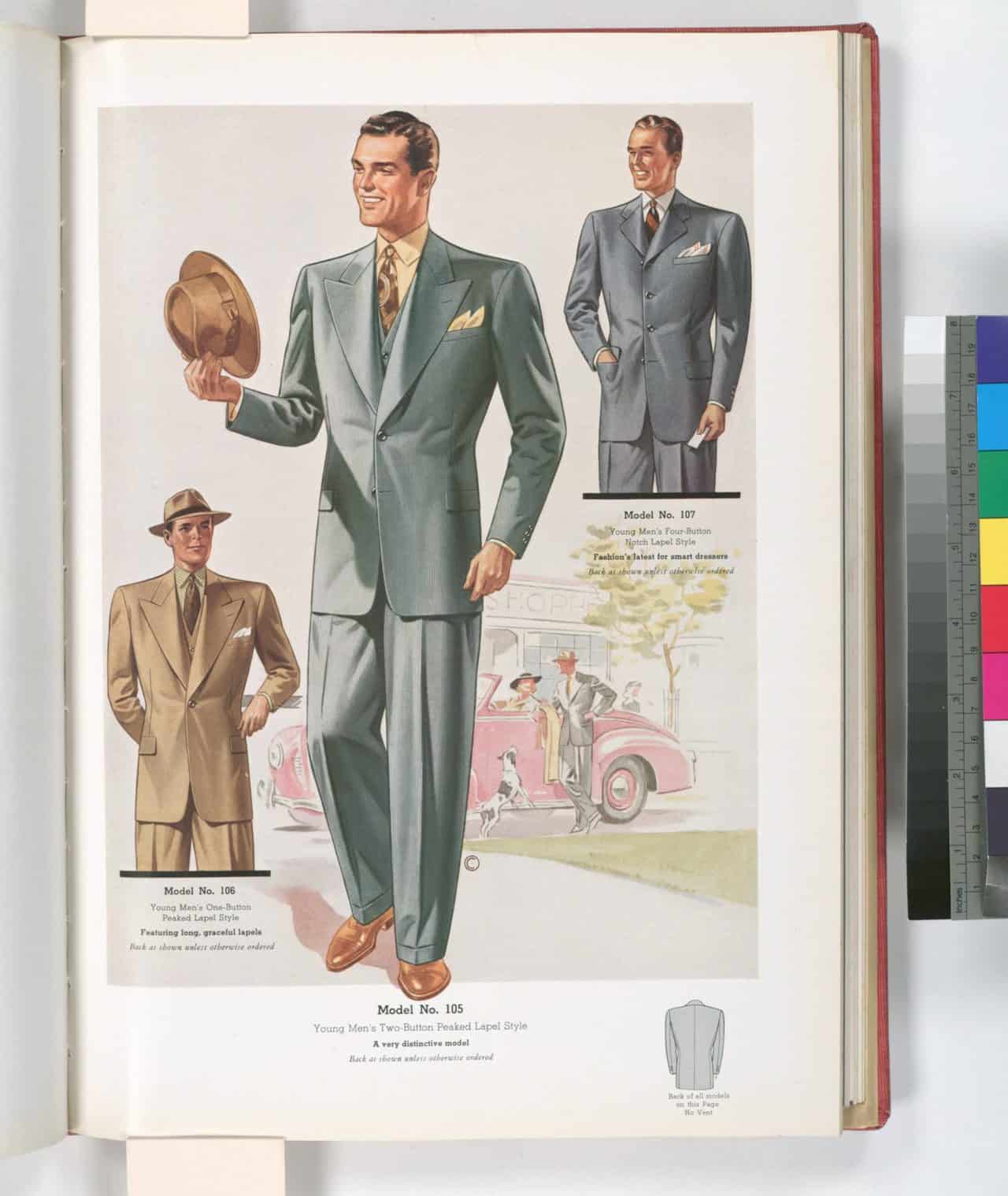and Simon Cowell

Does BBC One’s ‘The Voice’ pose a threat to Simon Cowell?
Britain, home to Her Majesty the Queen, world-famous attractions and the iconic cup of tea. We’re a nation that prides ourselves on our own way of doing things, including spelling words correctly, unlike our American cousins. However, we’re also a nation of variety; and that very variety has been showcased on our television screens for decades.
Talent shows and variety acts have long been a part of primetime British television. We invite them into our homes to make us smile, frown, laugh, cry and be entertained. The talent show is a part of British culture.
Historically, variety shows have been shown on British TV on Saturday evenings, peak time for TV viewing. Shows such as New Faces and Opportunity Knocks entertained the nation from the 50s to the 80s, and produced many household names such as Lenny Henry. Such shows were seen as light entertainment, and it was a family event to watch. However, just after the start of the new millennium, ITV launched a new show which would take talent shows to a whole new level.
In 2002, Pop Idol first came onto our screens. Millions of viewers tuned into ITV1 to watch Ant and Dec crown Will Young as the winner of the original Idol series (a franchise which went on to span dozens of countries). Over 8 million people picked up the phone to vote, a record at the time. The singing talent show was born.
Later in 2002, BBC One launched their rival to Pop Idol. Fame Academy was a high-budget retaliation from the BBC, attempting to steal the limelight from their commercial rival. Fame Academy took the idea of a talent show and mixed it in with the idea of a reality show. It borrowed a portion of its format from Channel 4′s Big Brother. The contestants lived inside a house, which was monitored by a network of cameras, live streaming to the TV audiences. The population watched as the contestants were tutored inside the house, then fought for survival in live shows. Fame Academy lasted two series before the BBC scrapped the show.
Instead, the BBC decided to start a different take on primetime talent shows, by launching Strictly Come Dancing. In 2004, the BBC launched the ballroom dancing-centric show fronted by Bruce Forsyth. This dancing format was later adapted by ITV’s Dancing On Ice, which featured celebrities attempting to ice-skate.
Also, in 2004, Simon Cowell decided to create his own talent format to battle against Simon Fuller’s Pop Idol, and The X Factor was born. ITV dropped Pop Idol in favour of Cowell’s show. Sharon Osbourne and Louis Walsh joined the panel to judge the contestants, and find Britain’s next superstar.
A superstar, however, they did not find. Steve Brookstein was crowned winner of the first series, but did not make a successful career. He was dropped by Cowell’s label, Syco, and went on to tour local clubs and bars around the country.
It wasn’t until 2006, when Leona Lewis won the third series of The X Factor, that Cowell succeeded in finding an international superstar. Lewis went on to sell a multi-platinum album, topped the charts in over thirty countries, and claimed the best selling single of 2008 for ‘Bleeding Love’.
Leona Lewis became a worldwide hit for Cowell
Cowell decided to expand on his empire in 2007, when Britain’s Got Talent was launched. ITV bought the rights for Cowell’s new Got Talent franchise, which was launched in America the previous year.
Britain’s Got Talent brought variety back to British television, letting us see magicians, dancers, musicians, comedians and acrobats on our TV sets, alongside dogs and pensioners. Anyone could enter, and there were no age limits. Britain’s Got Talent brought back the variety show of yesteryear, and provided respite from the singing-focused talent shows of recent years.
Britain’s Got Talent was hugely successful, pulling in over 17 million viewers for the final of its third series, when dance troupe Diversity took home the £100,000 prize.
Cowell’s two cash-cow shows, The X Factor and Britain’s Got Talent, dominated the ratings for many years, beating their BBC rivals and other commercial channels. The X Factor’s sixth series, in 2009, pulled in a peak audience of just under 20 million.
By 2011, it became apparent that Simon Cowell’s reign as the king of talent shows was about to change. For the first time ever, the BBC’s Strictly Come Dancing beat The X Factor in the TV ratings. Many blamed this on the fact that Cowell himself had left the judging panel to focus on launching The X Factor in America. Gary Barlow, Tulisa Contostavlos and Kelly Rowland joined Louis Walsh on the 2011 panel. It was later revealed that Cowell was not happy with the panel, and believed Take That’s Gary Barlow was ‘dull’. The British newspapers printed reports that during the 2011 series, ITV were in meltdown over the situation, and Cowell was considering to fly to Britain to rejoin his show.
Cowell was not happy with his 2011 X Factor line-up
Cowell returned to the UK in 2012 to return as a judge on Britain’s Got Talent, a position he left in 2010 (to focus on The X Factor USA). It was announced in late 2011 that the BBC had acquired the rights to The Voice UK, a new talent show originating from Holland, so Cowell decided to rejoin BGT to ensure the success of his show.
In March 2011, it was announced that The Voice and Britain’s Got Talent would launch on the same night, and would overlap by 20 minutes. The Voice would feature a judging panel of Danny O’Donoghue, Sir Tom Jones, Jessie J and will.i.am.
The BBC and ITV both positioned their shows against each other, which angered Cowell. For the first three weeks, BGT consistently beat The Voice in the ratings. However, on the fourth show of each series, The Voice’s ratings overtook those of Britain’s Got Talent. Newspaper reports suggested that Cowell had lashed out at ITV for allowing this to happen, and that he was considering leaving the network after almost 10 years.
It was then announced that ITV had hired Gary Barlow back onto The X Factor for a second year, which prompted more reports of Cowell’s disappointment and anger.
Simon Cowell has reigned as the king of talent shows for the past decade. With high drama at ITV and Syco, is his reign about to end? Will The Voice kill BGT and The X Factor? Let us know what you think.






